Preparing for a plastic surgery consultation can feel overwhelming, but asking the right questions ensures you make informed decisions about your procedure, recovery, and results. This guide provides everything you need to navigate your consultation confidently, from essential questions about surgeon credentials to understanding costs, risks, and recovery timelines.
What You’ll Learn From This Guide:
• How to verify your surgeon’s credentials and experience
• Critical safety questions about surgical facilities and anesthesia
• What to ask about procedure details, risks, and complications
• How to understand costs, financing, and hidden fees
• Recovery timeline expectations and aftercare requirements
• How to assess before-and-after photos and set realistic expectations
• Using our free consultation question generator and cost calculator
Plastic Surgery Consultation Tool
Assess your candidacy for plastic surgery and estimate potential costs, risks, and recovery time
Personal Information
Medical History
Procedure Information
Your Plastic Surgery Assessment
Good candidate with moderate risk factors
Estimated Cost Range
$5,000 – $8,000
Estimated Recovery Time
2-4 weeks
Recommendations
• Consult with a board-certified plastic surgeon
• Consider optimizing your health before surgery
• Discuss anesthesia options with your provider
• Plan for adequate recovery time
Disclaimer: This tool provides estimates only and is not a substitute for professional medical advice. Always consult with qualified healthcare providers for personalized assessments.
Read More Guides & Try More Free Tools:
- Try our Cheap Tummy Tuck Near Me: Risks And Real Costs
- Try our Saggy Breasts After Weight Loss: Mastopexy Options
- Try our Hump Nose: Rhinoplasty For Dorsal Hump Removal
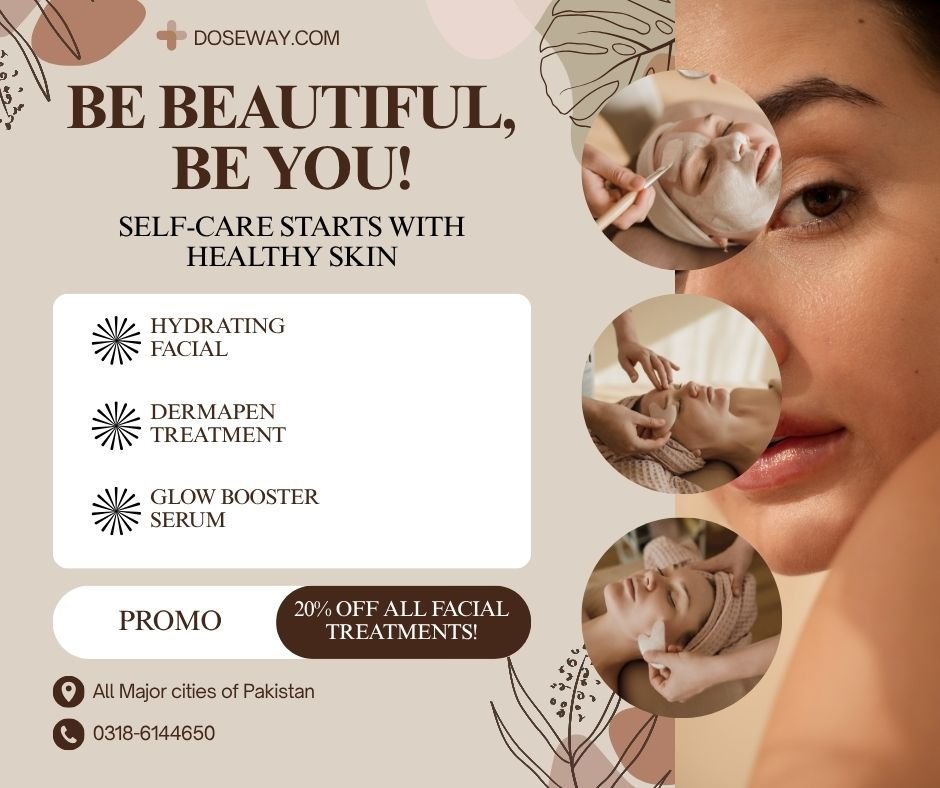
Table Of Contents
Why is a Plastic Surgery Consultation So Important?
A plastic surgery consultation serves as the foundation for your entire surgical journey. This initial meeting allows you to evaluate the surgeon's expertise, communicate your aesthetic goals, understand the procedure details, and establish realistic expectations. The consultation represents your opportunity to gather essential information about surgical techniques, facility accreditation, anesthesia providers, recovery timelines, and total costs.
During this critical appointment, you'll assess whether you feel comfortable with the surgeon and their staff while determining if their surgical philosophy aligns with your aesthetic vision. A thorough consultation should cover your medical history, current health status, psychological readiness for surgery, and motivations for seeking cosmetic enhancement.
Key consultation benefits include:
• Establishing rapport with your surgical team
• Receiving personalized surgical recommendations
• Understanding potential risks and complication rates
• Learning about alternative treatment options
• Discussing anesthesia choices and pain management
• Reviewing preoperative instructions and medications to avoid
• Obtaining detailed cost breakdowns and payment options
What Happens During a Typical Plastic Surgery Consultation?
The consultation process typically follows a structured format designed to gather essential information while addressing your concerns. Most consultations last between 30-90 minutes, depending on the complexity of your desired procedure. The process begins with paperwork, including medical history forms, consent documents, and privacy policies.
Your surgeon will then conduct a physical examination relevant to your area of concern, which may include photographs for your medical record. The discussion covers procedure options, expected outcomes, limitations, and potential risks. Many practices use computer imaging technology to simulate potential results, though these representations aren't guarantees.
Standard consultation components:
• Medical history review and physical assessment
• Discussion of aesthetic goals and expectations
• Procedure explanation with before-and-after galleries
• Risk disclosure and complication management
• Cost breakdown and financing options
• Facility tour and staff introductions
• Q&A session addressing patient concerns
How to Prepare for Your Plastic Surgery Consultation?
Proper preparation ensures you maximize your consultation time and gather all necessary information to make an informed decision. Begin by researching your desired procedure, including technique variations, recovery requirements, and potential limitations. Compile a list of questions organized by category, such as surgeon qualifications, procedure details, facility information, and financial considerations.
Bring relevant medical records, including previous surgical reports, current medication lists, and allergy information. If you have specific inspiration photos, bring them to discuss during your appointment, but understand that your results will be unique to your anatomy. Consider bringing a trusted friend or family member to provide support and help remember important details.
Essential preparation checklist:
• Research potential surgeons and verify board certification
• Document your medical history and current medications
• Create a comprehensive question list organized by category
• Collect inspiration photos that represent your desired outcome
• Establish your budget and research financing options
• Prepare to discuss your motivations and expectations openly
• Arrange for a companion to accompany you if possible
What Questions Should You Ask About Surgeon Credentials?
Verifying your surgeon's qualifications represents the most critical aspect of your consultation. Board certification specifically in plastic surgery indicates extensive training and adherence to strict ethical standards. Ask about their educational background, residency training, fellowship specialization, and years in practice.
Inquire about their specific experience with your desired procedure, including case volume and before-and-after galleries. Understanding their complication rates, revision policy, and hospital privileges provides insight into their safety record and professional standing. Don't hesitate to ask about their aesthetic philosophy and approach to patient care.
Essential credential questions:
• Are you board-certified by the American Board of Plastic Surgery?
• How many years have you been performing plastic surgery?
• What percentage of your practice focuses on my desired procedure?
• How frequently do you perform this specific surgery?
• Can I review before-and-after photos of similar patients?
• What is your policy on surgical revisions?
• Do you have hospital privileges to perform this procedure?
What Facility and Safety Questions Should You Ask?
The surgical facility's accreditation status directly impacts your safety during any cosmetic procedure. Accredited facilities maintain strict standards for equipment, staffing, and emergency protocols. Ask where your surgery will be performed and whether the facility holds accreditation from organizations like AAAASF, AAAHC, or JCAHO.
Inquire about the anesthesia provider's credentials and experience. Understand the emergency protocols, including hospital transfer agreements and resuscitation equipment availability. Ask about the nursing staff's qualifications and their experience in plastic surgery procedures.
Critical safety questions:
• Is the surgical facility accredited, and by which organization?
• Who will administer anesthesia, and what are their credentials?
• What emergency equipment and protocols are in place?
• What is the plan for handling complications during surgery?
• How are pain and nausea managed postoperatively?
• What are the infection rates for this procedure at your facility?
• What type of monitoring equipment will be used during my surgery?
What Procedure-Specific Questions Should You Ask?

Understanding the technical details of your planned surgery helps establish realistic expectations and appropriate preparation. Ask about the surgical technique recommended for your specific case, including incision placement, implant selection, or liposuction method. Discuss anesthesia options, surgical duration, and what to expect during the procedure itself.
Request detailed information about scarring, including location, appearance, and scar management protocols. Understand the limitations of the procedure, potential need for additional treatments, and how your results might change over time. Ask about the expected longevity of your results and factors that might impact outcome duration.
Important procedure questions:
• Which specific technique do you recommend for my anatomy and goals?
• Where will incisions be placed, and how visible will scars be?
• What type of anesthesia will be used, and why is it recommended?
• How long will the surgery take from start to finish?
• What can I expect during the procedure itself?
• What are the limitations of this surgery for my specific case?
• How long will results typically last, and what factors affect longevity?
What Questions Should You Ask About Risks and Complications?
Every surgical procedure carries inherent risks, and understanding these potential complications represents an essential part of informed consent. Ask about the most common complications associated with your specific procedure and their typical management. Discuss rare but serious risks and warning signs that require immediate medical attention.
Understand your personal risk factors based on your medical history, lifestyle, and anatomy. Ask about strategies to minimize complications, including preoperative optimization, surgical techniques, and postoperative care. Request information about the surgeon's personal complication rates and experience managing specific adverse outcomes.
Essential risk questions:
• What are the most common complications with this procedure?
• What are the rare but serious risks I should know about?
• Based on my health history, what are my specific risk factors?
• How are complications typically managed when they occur?
• What are the warning signs of complications I should watch for?
• What is your personal complication rate for this procedure?
• How can I minimize my risks before and after surgery?
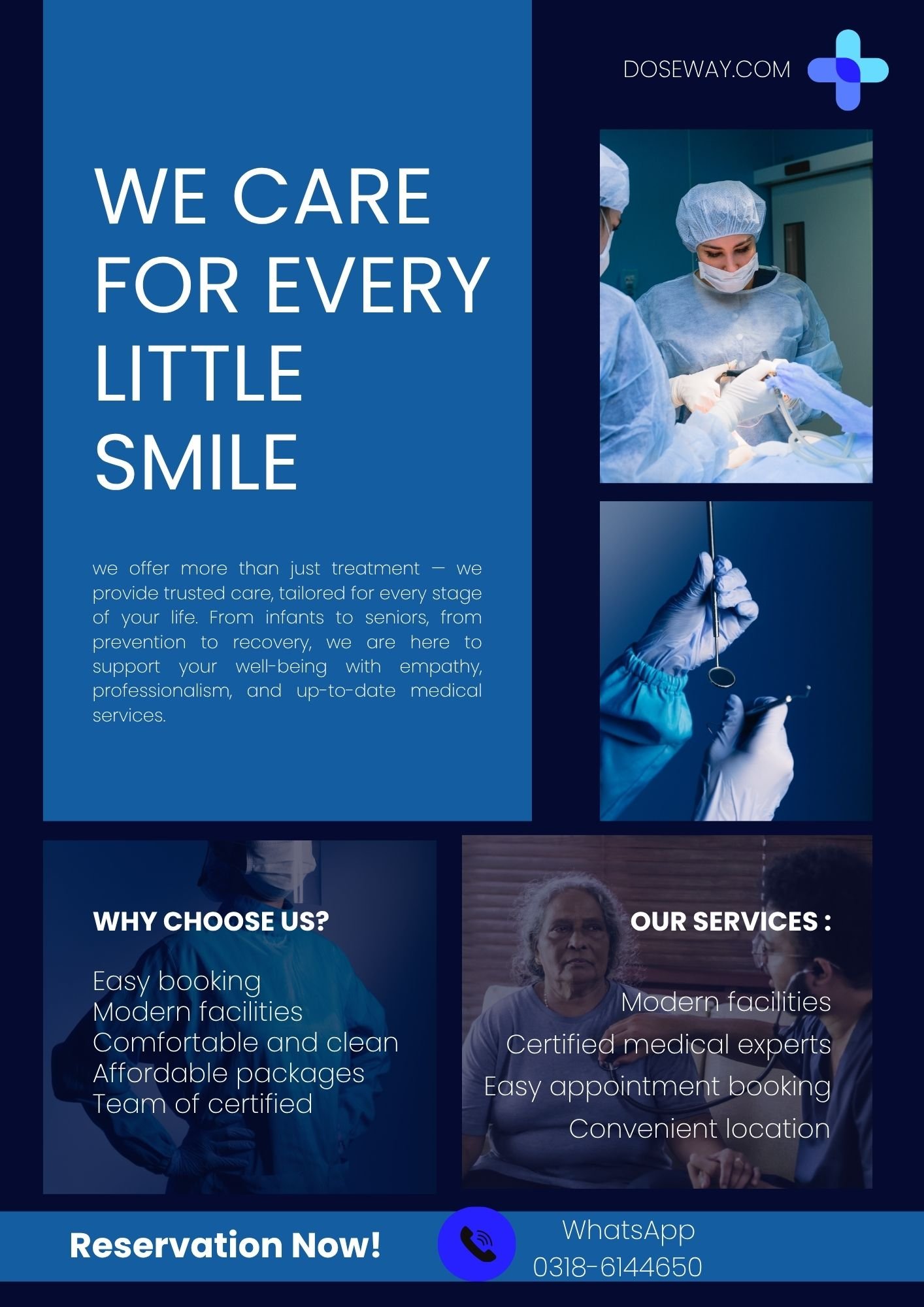
What Recovery Questions Should You Ask?
Understanding the recovery process helps you plan appropriately and set realistic expectations for your healing journey. Ask about immediate postoperative symptoms, pain management strategies, and activity restrictions. Request a detailed timeline of recovery milestones, including when you can return to work, exercise, and normal activities.
Discuss drain care, garment requirements, wound management, and showering restrictions. Understand the follow-up appointment schedule and how to contact your surgical team after hours. Ask about signs of normal healing versus potential complications that require medical attention.
Important recovery questions:
• What can I expect during the first 24-48 hours after surgery?
• How much pain is typical, and how is it managed?
• What medications will I be prescribed postoperatively?
• When can I return to work, exercise, and normal activities?
• Are there specific garments or compression wear I'll need?
• How long will swelling, bruising, and numbness typically last?
• What is the follow-up schedule, and when will I see final results?
What Questions Should You Ask About Costs and Financing?
Understanding the total cost of your procedure prevents unexpected financial stress during your recovery. Request a detailed breakdown of all fees, including surgeon's fees, anesthesia costs, facility fees, implants, medications, and postoperative garments. Ask about potential additional costs for revision surgery or complication management.
Discuss payment options, including financing plans, credit cards, and payment schedules. Understand the refund policy, cancellation fees, and circumstances that might impact the final cost. Verify what your health insurance might cover, particularly for procedures with functional components like breast reduction or septorhinoplasty.
Essential cost questions:
• Can you provide a detailed breakdown of all costs involved?
• What is included in the quoted price, and what might be additional?
• What are the payment options and financing plans available?
• What is your policy on surgical revisions, and are there additional costs?
• Are there fees for consultations, follow-ups, or complications?
• What is your cancellation and refund policy?
• Do you participate in insurance for medically necessary components?
How to Use Our Plastic Surgery Consultation Question Generator and Cost Calculator
Our free consultation question generator and cost calculator provides personalized guidance for your upcoming surgeon meeting. This comprehensive tool helps you create a customized question list based on your specific procedure, health status, and concerns. The cost estimation feature provides realistic budget planning based on current national averages and geographic variations.
The calculator assesses your surgical candidacy based on health factors, lifestyle considerations, and procedure-specific requirements. Your personalized report includes procedure-specific questions, risk assessment, recovery timeline estimates, and cost breakdowns. This preparation ensures you cover all essential topics during your consultation and make fully informed decisions.
Calculator benefits include:
• Personalized question checklist for your specific procedure
• Realistic cost estimates based on current market rates
• Assessment of your surgical candidacy and risk factors
• Recovery timeline customized to your procedure and health status
• Comparison of procedure options and alternatives
• Guidance on discussing sensitive topics with your surgeon
• Preparation checklist for consultation day
What Are the Key Factors in Surgical Candidacy Assessment?
Surgical candidacy evaluation considers multiple health, lifestyle, and psychological factors that impact safety and outcomes. Physical health assessment includes review of medical conditions, medication use, allergy history, and previous surgeries. Lifestyle factors like smoking, nutrition, exercise habits, and substance use significantly influence healing and complication risks.
Psychological evaluation ensures appropriate motivation, realistic expectations, and emotional readiness for surgical transformation. Surgeons assess skin quality, tissue characteristics, facial symmetry, or body proportions relevant to your desired procedure. Understanding these assessment criteria helps you optimize your health preoperatively and identify potential concerns.
Candidacy evaluation components:
• Medical history review and physical examination
• Assessment of cardiovascular, pulmonary, and metabolic health
• Evaluation of skin elasticity, tissue quality, and anatomical structure
• Review of medication use, supplements, and allergies
• Discussion of smoking status, alcohol consumption, and substance use
• Psychological assessment of motivations and expectations
• Analysis of nutritional status and healing capacity
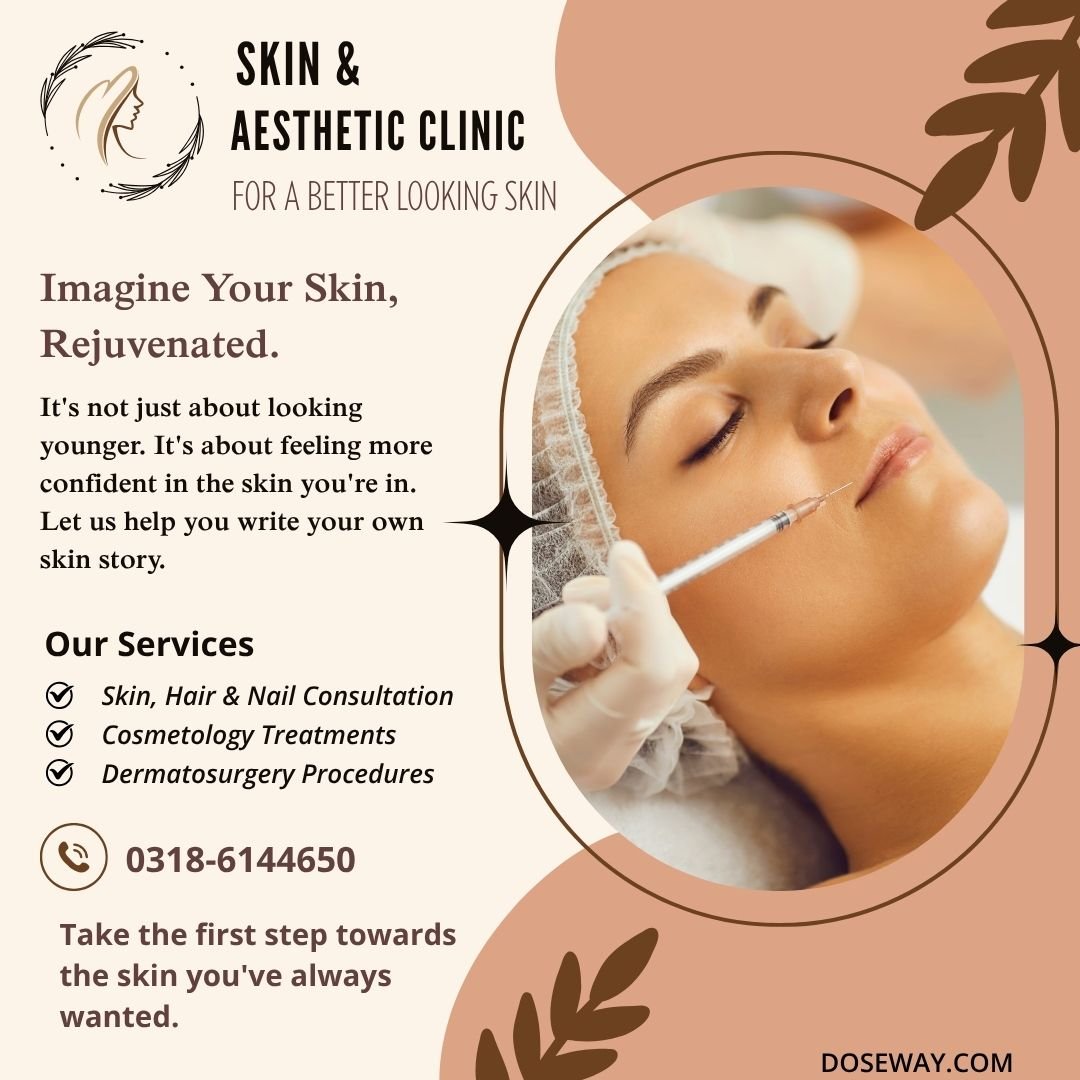
How Does Our Calculator Assess Your Surgical Candidacy?
Our assessment tool analyzes multiple health and lifestyle factors to estimate your surgical suitability and potential risk levels. The algorithm considers your age, BMI, medical conditions, medication use, smoking status, and procedure type to generate a personalized risk profile. This assessment helps identify modifiable risk factors you can address before surgery.
The calculator provides specific recommendations for preoperative optimization, such as smoking cessation, weight management, or medication adjustments. Your results include discussion points for your surgeon regarding your specific risk factors and strategies to enhance safety. Understanding this assessment helps you have more productive conversations with your surgical team.
Assessment factors include:
• Age and overall health status
• Body mass index and weight stability
• Medical conditions and management
• Medication and supplement use
• Smoking status and nicotine exposure
• Previous surgical history and healing patterns
• Procedure complexity and invasiveness
• Nutritional status and physical activity level
Understanding Your Calculator Results and Risk Assessment
Your personalized results include a surgical suitability score, risk classification, cost estimate, and recovery timeline. The suitability score indicates how ideal a candidate you are for your desired procedure based on current health status. The risk assessment categorizes your potential complication risk as low, moderate, or high with specific factors contributing to this classification.
The cost estimate provides a realistic price range based on your geographic location, procedure complexity, and surgeon expertise level. The recovery timeline outlines expected healing milestones and activity restrictions. Each section includes specific discussion points for your surgeon and actionable steps to improve your safety profile.
Results interpretation guide:
• 85-100% suitability: Excellent candidate with minimal risk factors
• 70-84% suitability: Good candidate with manageable risk factors
• 50-69% suitability: Moderate candidate requiring special considerations
• Below 50% suitability: Higher risk candidate needing comprehensive evaluation
• Low risk: Complication risk below 5% for most procedures
• Moderate risk: Complication risk between 5-15% depending on procedure
• High risk: Complication risk above 15% requiring careful consideration
How to Discuss Calculator Results With Your Surgeon?
Sharing your calculator results with your surgeon facilitates a more productive consultation focused on your specific needs and concerns. Bring your printed report or digital access to review during your appointment. Use the personalized question list to ensure you cover all relevant topics specific to your situation.
Discuss your risk assessment openly and ask about strategies to mitigate identified risk factors. Review the cost estimate with your surgeon's financial coordinator to understand how their actual fees compare. Use the recovery timeline to plan time off work, arrange help, and set appropriate expectations.
Discussion tips for your consultation:
• Bring your personalized report and question checklist
• Discuss your risk factors and optimization strategies
• Compare cost estimates with actual surgeon fees
• Review recovery expectations and planning needs
• Ask about experience with patients with similar risk profiles
• Discuss alternative procedures or staged approaches if indicated
• Request specific before-and-after photos of similar cases
What Are the Most Important Safety Considerations in Plastic Surgery?
Patient safety represents the highest priority in any cosmetic procedure, encompassing multiple aspects from surgeon selection to postoperative care. Verification of board certification ensures your surgeon has completed rigorous training specific to plastic surgery. Facility accreditation confirms the surgical environment meets strict safety standards for equipment, staffing, and emergency preparedness.
Anesthesia safety requires appropriate provider credentials and patient monitoring throughout the procedure. Preoperative health optimization addresses modifiable risk factors like smoking, weight, and medication management. Meticulous surgical technique, appropriate procedure selection, and comprehensive aftercare planning further enhance safety.
Critical safety elements:
• Surgeon board certification in plastic surgery
• Accredited surgical facility with emergency protocols
• Qualified anesthesia provider with appropriate credentials
• Comprehensive preoperative health assessment
• Appropriate procedure selection for patient anatomy and goals
• Meticulous surgical technique and sterility maintenance
• Detailed postoperative care instructions and follow-up
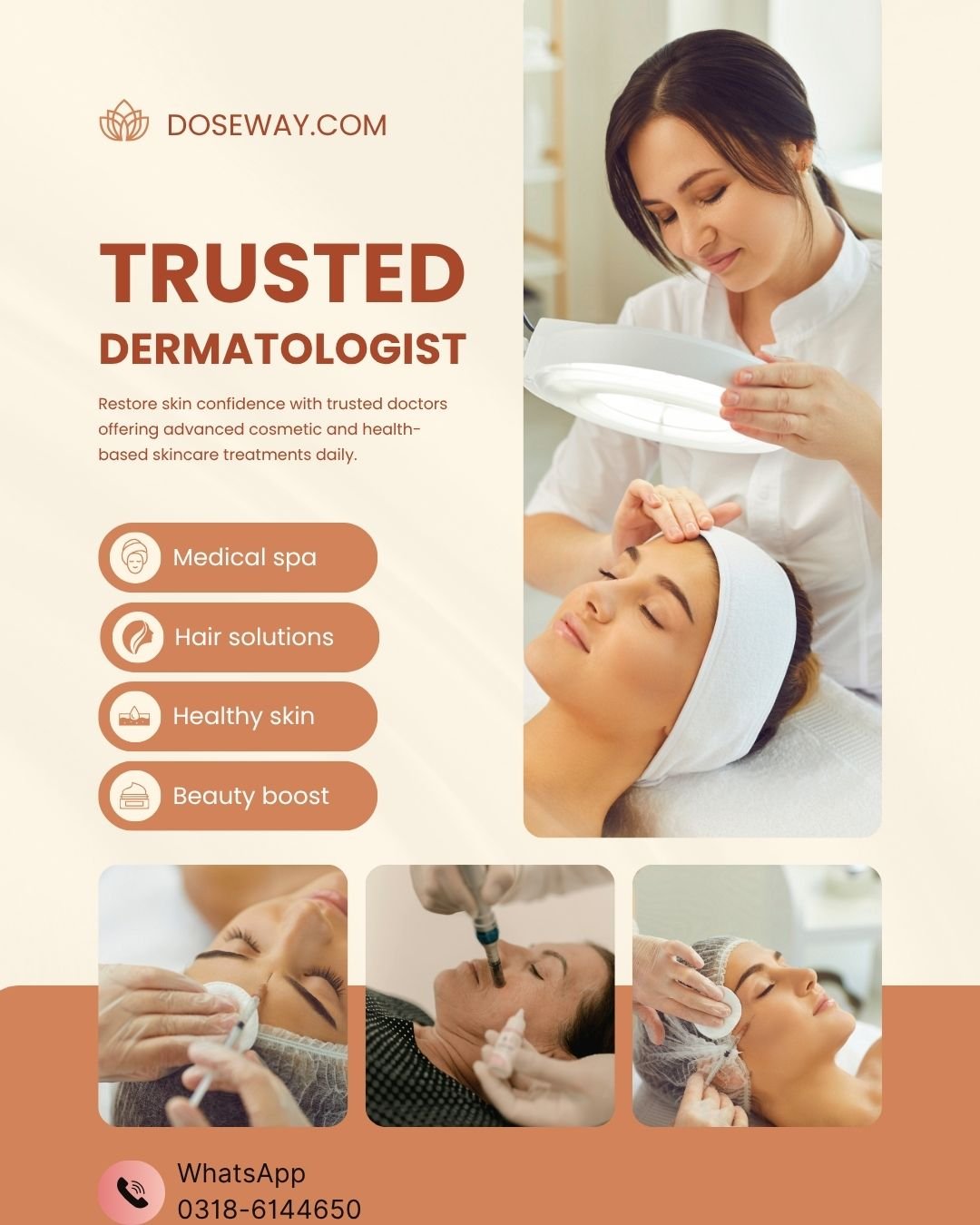
How to Evaluate Before-and-After Photos During Your Consultation?
Reviewing before-and-after galleries provides valuable insight into your surgeon's aesthetic style and technical skill. Look for patients with similar anatomy, concerns, and goals to yours. Assess consistency in results across multiple patients, noting natural-looking outcomes that enhance without appearing overdone.
Evaluate scar placement and quality, symmetry, and overall harmony of results. Ask about the timeline represented in the photos to understand how quickly results evolved. Request to see examples of revisions or complication management to understand how challenges are addressed.
Photo evaluation criteria:
• Consistency of results across multiple patients
• Natural-looking outcomes that enhance existing features
• Appropriate scar placement and minimal visibility
• Symmetry and proportional balance in results
• Patients with similar anatomy and concerns to yours
• Representation of various stages in healing process
• Examples of revision cases or complication management
What Are Realistic Expectations for Plastic Surgery Results?
Establishing realistic expectations represents one of the most important factors in patient satisfaction following cosmetic surgery. Understand that plastic surgery produces improvement rather than perfection, with individual results varying based on anatomy, healing response, and surgical technique.
Appreciate that final results emerge gradually over weeks to months as swelling resolves and tissues settle. Recognize that all surgical procedures create scars, though skilled surgeons strategically place them in less visible locations. Accept that maintenance procedures or minor revisions might be necessary over time to sustain results.
Realistic expectation guidelines:
• Improvement rather than perfection in outcomes
• Gradual evolution of results over several months
• Presence of scars, though strategically placed and minimized
• Asymmetry as a normal aspect of human anatomy
• Possible need for minor revisions in some cases
• Natural aging process continues after surgery
• Healthy lifestyle maintenance required for result longevity
How to Choose Between Multiple Plastic Surgeons?
Evaluating multiple surgeons ensures you find the best match for your specific needs and preferences. Compare credentials, experience, before-and-after galleries, and patient reviews across potential surgeons. Assess communication style, attention to detail, and willingness to answer questions during consultations.
Consider the surgical facility, staff professionalism, and overall practice environment. Compare cost estimates while recognizing that significantly lower prices might indicate inexperience or compromised safety standards. Trust your instincts about which surgeon makes you feel most comfortable and confident.
Surgeon comparison criteria:
• Board certification and procedure-specific experience
• Before-and-after gallery consistency and aesthetic appeal
• Patient reviews and testimonials across multiple platforms
• Communication style and rapport during consultation
• Staff professionalism and facility environment
• Cost transparency and payment options
• Willingness to address concerns and answer questions
What Are the Red Flags to Watch For During a Consultation?
Recognizing warning signs during consultations helps you avoid potentially unsafe situations or disappointing outcomes. Be cautious of surgeons who pressure you to book surgery immediately, offer significant discounts for quick decisions, or avoid discussing risks and complications.
Question practices that lack board certification, perform procedures in unaccredited facilities, or cannot provide before-and-after photos of their own work. Be wary of surgeons who promise perfect results, guarantee specific outcomes, or dismiss your concerns as unimportant.
Consultation red flags:
• Pressure to book surgery immediately or limited-time offers
• Unwillingness to discuss risks or complication rates
• Lack of board certification in plastic surgery
• Procedures performed in unaccredited facilities
• Inability to provide before-and-after photos of their work
• Guarantees of specific results or perfection
• Dismissive attitude toward patient questions or concerns
• Significantly lower pricing than other qualified surgeons
How Does Recovery Vary Between Different Plastic Surgery Procedures?
Recovery experiences differ significantly based on procedure type, complexity, and individual healing capacity. Minimally invasive procedures like injectables or laser treatments involve minimal downtime, while surgical procedures require weeks to months for full recovery. Understanding your specific recovery timeline helps with appropriate planning and expectation management.
Facial procedures typically involve significant swelling and bruising that resolves within several weeks. Body procedures require longer activity restrictions and garment use to support healing tissues. Combination procedures or extensive surgeries involve more complex recovery with staged return to normal activities.
Procedure-specific recovery guidelines:
• Breast augmentation: 1-2 weeks off work, 4-6 weeks exercise restriction
• Liposuction: 3-7 days off work, 2-4 weeks compression garment use
• Tummy tuck: 2-4 weeks off work, 6-8 weeks activity restriction
• Facelift: 10-14 days social downtime, 3-4 weeks exercise limitation
• Rhinoplasty: 7-10 days splint removal, 3-6 months final shape emergence
• Breast reduction: 2-3 weeks off work, 6 weeks strenuous activity avoidance
• Eyelid surgery: 7-10 days bruising resolution, 2 weeks contact lens avoidance
What Are the Latest Advancements in Plastic Surgery Techniques?
Technological innovations continue to enhance safety, precision, and outcomes in cosmetic surgery. Minimally invasive approaches using endoscopic techniques reduce scarring and recovery time. Advanced imaging technology allows for better surgical planning and patient education.
Improved implant materials and surface textures enhance safety and natural feel in breast augmentation. Fat grafting techniques provide more natural contouring with autologous tissue. Laser and energy-based devices improve skin quality and accelerate healing. These advancements continue to evolve, offering patients more options with improved safety profiles.
Recent surgical advancements:
• High-definition liposuction with improved body contouring precision
• Composite breast augmentation combining implants with fat grafting
• Minimal incision facelift techniques with faster recovery
• Structural fat grafting for facial rejuvenation and body contouring
• Advanced rhinoplasty techniques using preservation approaches
• Scarless breast reduction techniques for appropriate candidates
• Regenerative medicine applications using stem cells and growth factors
How to Manage Pain and Discomfort During Plastic Surgery Recovery?
Effective pain management enhances recovery experience and facilitates earlier mobility. Multimodal approaches combine medications, regional anesthesia, and non-pharmacological techniques. Understanding your pain management options before surgery helps establish realistic expectations and appropriate preparation.
Prescription medications typically manage early postoperative pain, transitioning to over-the-counter options as discomfort decreases. Long-acting local anesthetics administered during surgery provide extended pain relief initially. Non-medication approaches like cold therapy, elevation, compression, and distraction techniques complement pharmacological management.
Pain management strategies:
• Multimodal medication regimen combining different drug classes
• Long-acting local anesthesia during surgical procedure
• Scheduled medication dosing rather than waiting for severe pain
• Cold therapy to reduce swelling and numb discomfort
• Proper positioning and elevation to minimize pressure and swelling
• Distraction techniques like music, meditation, or entertainment
• Gradual activity progression as tolerated without overexertion
What Nutritional Support Optimizes Plastic Surgery Recovery?
Proper nutrition significantly influences healing speed, energy levels, and overall recovery experience. Increased protein intake supports tissue repair and immune function. Adequate hydration maintains circulation and helps flush anesthesia medications. Specific vitamins and minerals play crucial roles in collagen formation and wound healing.
Preoperative nutrition optimization prepares your body for the stresses of surgery. Postoperative dietary strategies manage nausea, support healing, and maintain energy. Understanding which supplements to continue or discontinue prevents potential complications.
Nutritional recommendations for recovery:
• Increased protein intake to 1.2-1.5g per kg of body weight
• Adequate hydration with water and electrolyte-balanced fluids
• Vitamin C supplementation for collagen synthesis support
• Zinc and copper for wound healing and immune function
• Arginine and glutamine amino acids for tissue repair
• Bromelain and arnica for reduction of swelling and bruising
• Avoidance of alcohol, excessive salt, and refined sugars
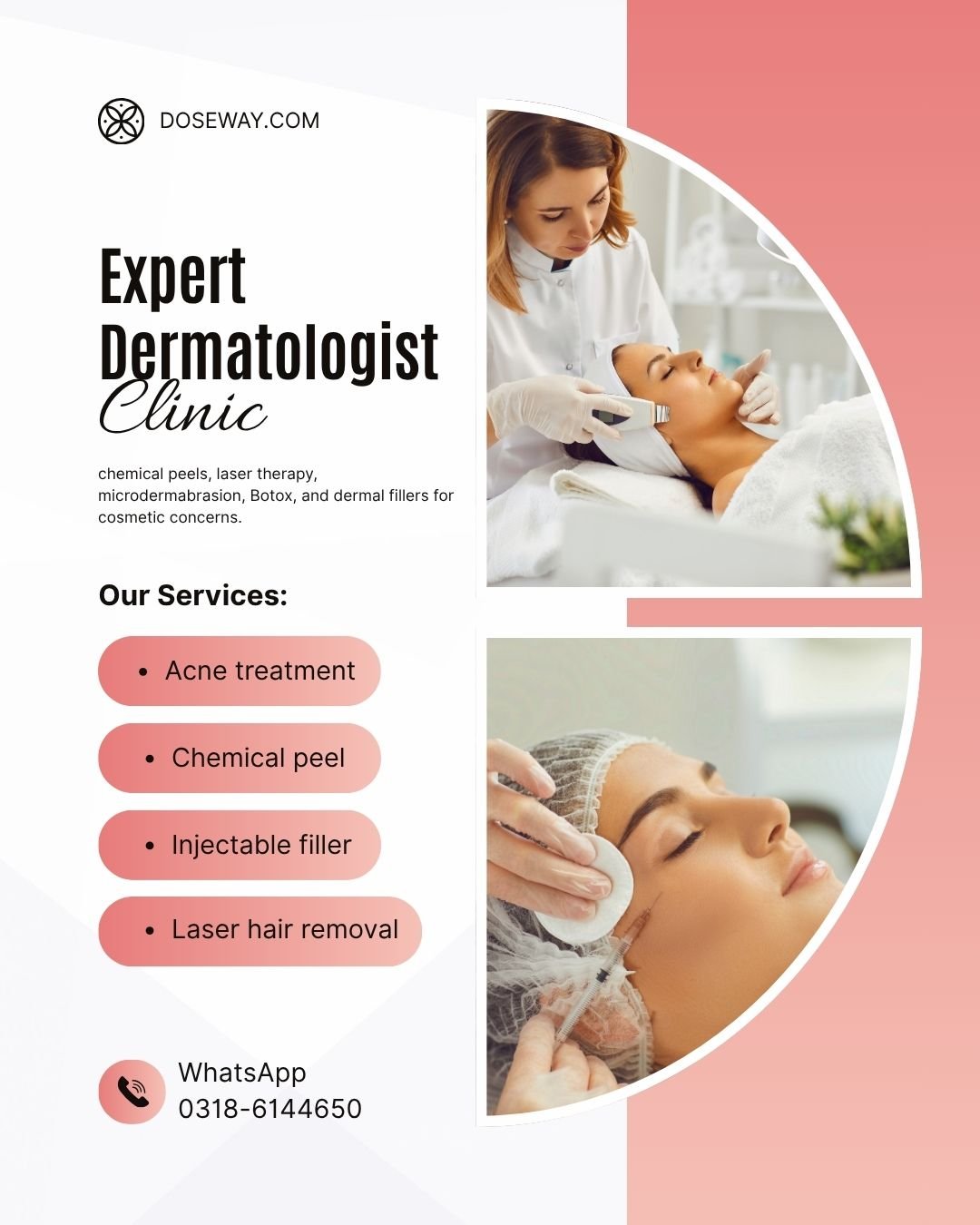
FAQs: Plastic Surgery Consultation Questions
What should I wear to my plastic surgery consultation?
Wear comfortable, loose-fitting clothing that allows easy access to the area you're discussing. For body procedures, bring form-fitting clothing like a bikini. For facial procedures, avoid heavy makeup that might obscure your natural features.
How many consultations should I have before choosing a surgeon?
Most patients benefit from 2-3 consultations with different board-certified plastic surgeons. This allows comparison of recommendations, approaches, costs, and personal comfort levels before making your final decision.
What's the difference between cosmetic and plastic surgery?
Plastic surgery encompasses both reconstructive procedures (addressing functional impairments) and cosmetic procedures (enhancing appearance). All cosmetic surgery is plastic surgery, but not all plastic surgery is cosmetic.
How long should I wait after consultation before scheduling surgery?
Take at least 1-2 weeks after your consultation to reflect on the information, discuss with trusted friends or family, and ensure you feel completely comfortable with your decision before scheduling surgery.
Can I bring someone with me to my consultation?
Yes, bringing a trusted friend or family member is encouraged. They can provide emotional support, help remember important information, and ask questions you might not consider.
What if I feel rushed during my consultation?
A quality consultation should never feel rushed. If your surgeon doesn't allocate sufficient time to address all your concerns, consider this a red flag and continue your search for a different provider.
Are virtual consultations as effective as in-person visits?
Virtual consultations work well for initial discussions but cannot replace the physical examination necessary for final surgical planning. Most surgeons require an in-person evaluation before proceeding with surgery.
Recommended Affiliate Products
- Scar Management: Mederma Scar Gel, ScarAway Silicone Sheets, Bio-Oil Skincare Oil
- Recovery Garments: Marena Recovery Bra, Leonisa Shapewear, LIPO Elastic Garments
- Surgical Preparation: Hibiclens Antiseptic Skin Cleanser, Dove Sensitive Skin Beauty Bar
- Postoperative Comfort: Mastectomy Pillows, Wedge Pillow Sets, Grabber Reaching Tools
- Wound Care: Aquaphor Healing Ointment, 3M Micropore Tape, non-stick Telfa Pads
- Compression Garments: BBL Compression Garments, Tummy Tuck Binders, Stage 2 Fajas
- Recovery Supplements: Arnica Montana Tablets, Bromelain Supplements, Vitamin C Complex

 Cart is empty
Cart is empty
Add a Comment